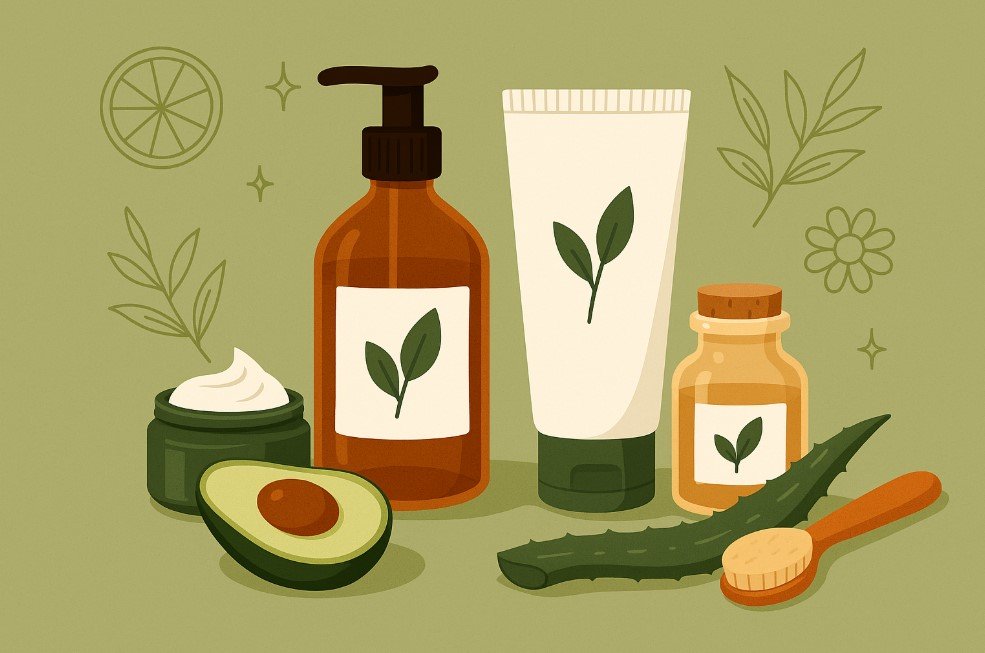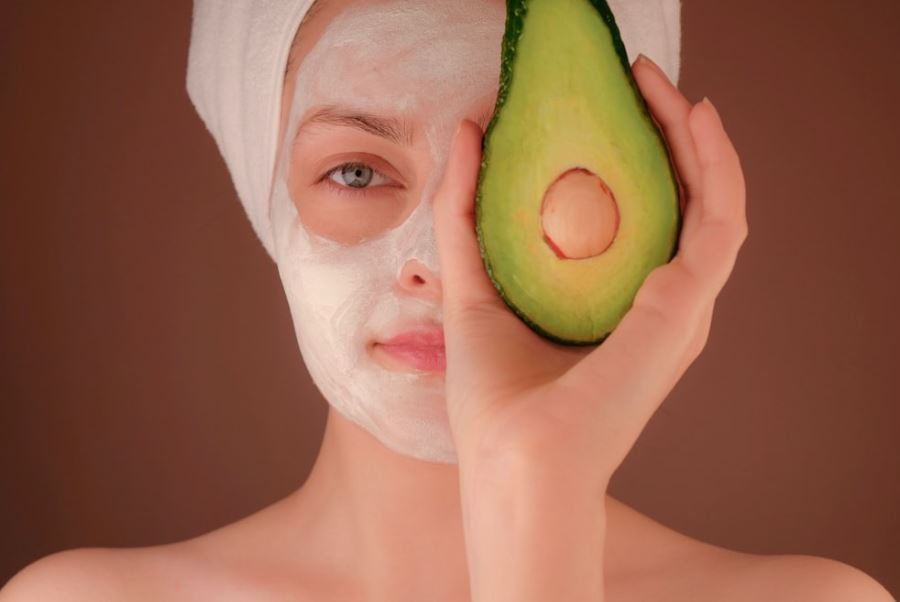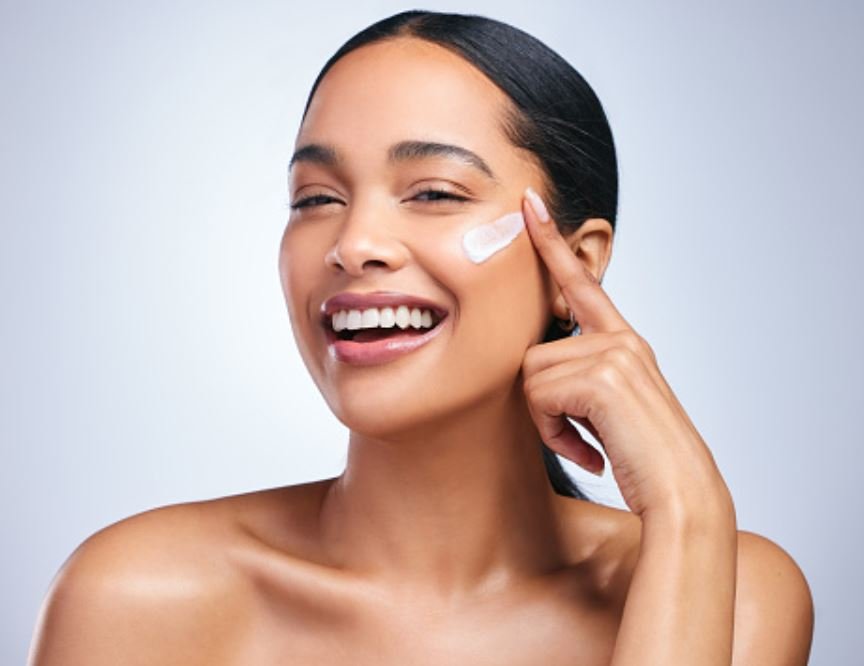
Introduction to Skin Care and the Role of Oils
Glowing, healthy skin is something everyone desires. While there are countless products on the market promising flawless skin, the secret might actually lie in your diet. In this article, we’ll explore the importance of oils as an essential ingredient for excellent skin care, and how incorporating them into your diet and daily routine can lead to noticeable improvements in your skin’s health.
Benefits of Oils for Skin Care
Oils have been used for centuries in various cultures for skin care purposes. They offer numerous benefits, including:
- Deep moisturization: Oils are natural emollients that help lock in moisture and keep the skin hydrated.
- Antioxidant protection: Many oils are rich in antioxidants that protect the skin from environmental stressors and free radicals.
- Anti-inflammatory properties: Oils can help soothe irritated skin and reduce inflammation.
- Nourishment: Oils are packed with essential fatty acids, vitamins, and minerals that nourish the skin.
Types of Oils for Skin Care
There are many types of oils that can be beneficial for skin care, such as:
- Coconut oil
- Olive oil
- Jojoba oil
- Argan oil
- Almond oil
- Rosehip oil
- Grapeseed oil
- Avocado oil
Read more: Amazing Beauty Tips of Ice Cube will make you Beautiful and Young
How to Choose the Right Oil for Your Skin Type
Oily Skin
People with thick skin should look for oils that won’t make their pores clog. Jojoba oil, grapeseed oil, and rosehip oil are some of the choices.

Dry Skin
If you have dry skin, choose oils that provide deep hydration, like coconut oil, almond oil, or avocado oil.

Combination Skin
Different oils on different parts of the face can help people with combination skin. For example, you might use jojoba oil on the T-zone and almond oil on the cheeks.
Sensitive Skin
For sensitive skin, choose gentle oils with anti-inflammatory properties, such as chamomile oil or calendula oil.
Incorporating Oils into Your Skin Care Routine
Cleansing
Using oil to clean your skin is an easy way to get rid of dirt, makeup, and other impurities without taking away your skin’s natural oils. To do this, massage a small amount of your chosen oil into dry skin for a few minutes, then wipe it off with a warm, wet cloth.

Moisturizing
Oils can also be used to keep the skin wet. After you wash your face, put a few drops of oil on your fingertips and rub it into your skin softly. You can use just one oil, or you can mix a few oils together to make a blend that works best for your face.

Treatments
For focused skin care, you can use certain oils as spot treatments or mix them into a face mask. For example, tea tree oil can help get rid of pimples, and rosehip oil can help scars and dark spots look better.
Read more: Winter Skincare Tips & Home Remedies to Keep Your Skin Moisturized
Diet and Its Impact on Skin Health
In addition to using oils as part of your skin care practice, it’s important to eat well for the best skin health. Here are some tips about what to eat to get glowing skin:
Foods Rich in Healthy Fats
Avocados, nuts, seeds, and fatty fish are all good sources of healthy fats. These foods can help keep your skin moist and healthy from the inside out.

Antioxidant-Rich Foods
Including antioxidant-rich foods like berries, dark chocolate, and leafy greens in your diet can help protect your skin from oxidative stress and promote a healthy look.
Hydration and its Importance
For good skin, it’s important to stay hydrated. Make sure to drink a lot of water all day and eat foods that are high in water, like cucumber, watermelon, and oranges.
Conclusion
Oils can make a big difference in the health and look of your skin if you use them in your skin care routine and eat them. You can get the beautiful, healthy skin you’ve always wanted by using the right oils for your skin type and eating a well-balanced diet full of healthy fats, antioxidants, and water.
Frequently Asked Questions
-
Can I use cooking oils for skin care?
Some cooking oils, like olive oil and coconut oil, can be used to take care of your skin, but it’s important to choose cold-pressed, raw versions to get the most out of them.
-
How often should I use oils in my skin care routine?
This depends on your skin type and needs. Some people may benefit from daily use, while others may only need to use oils a few times a week.
-
Are oils suitable for acne-prone skin?
Yes, oils like jojoba oil, rosehip oil, and tea tree oil can help clear up skin that tends to get acne. But make sure to test a small area of your skin before putting oil on your whole face to avoid discomfort.
-
Can I use oils as a sunscreen?
Some oils, like oil from raspberry seed and oil from carrot seed, naturally protect against the sun. But they shouldn’t be used instead of a broad-spectrum sunscreen with the right SPF for safety.
-
How long does it take to see results from using oils in my skin care routine?
It could take a few weeks or even a few months before you see big changes in your face. Consistency is important, so use oils regularly and give your face time to get used to them.
Based on: wellhealthorganic.com:diet-for-excellent-skin-care-oil-is-an-essential-ingredient
Read more: Difference Between Steam Room and Sauna Health Benefits of Steam Room













